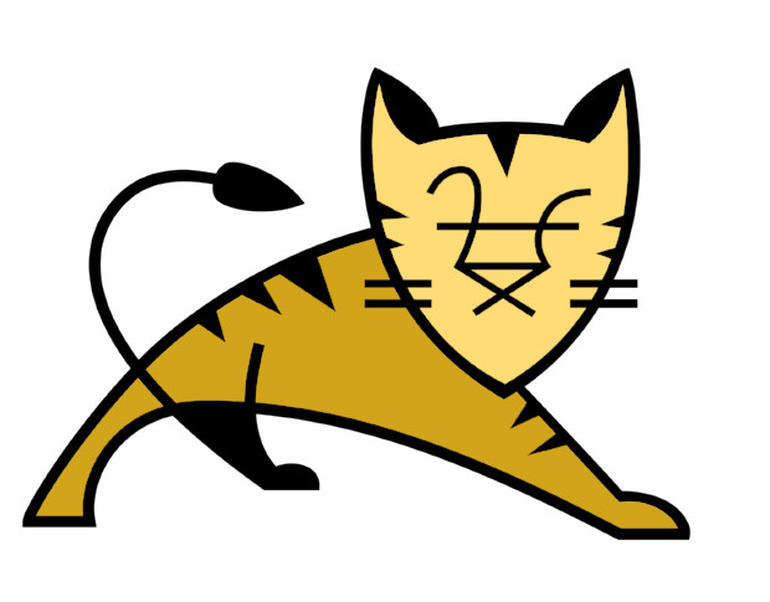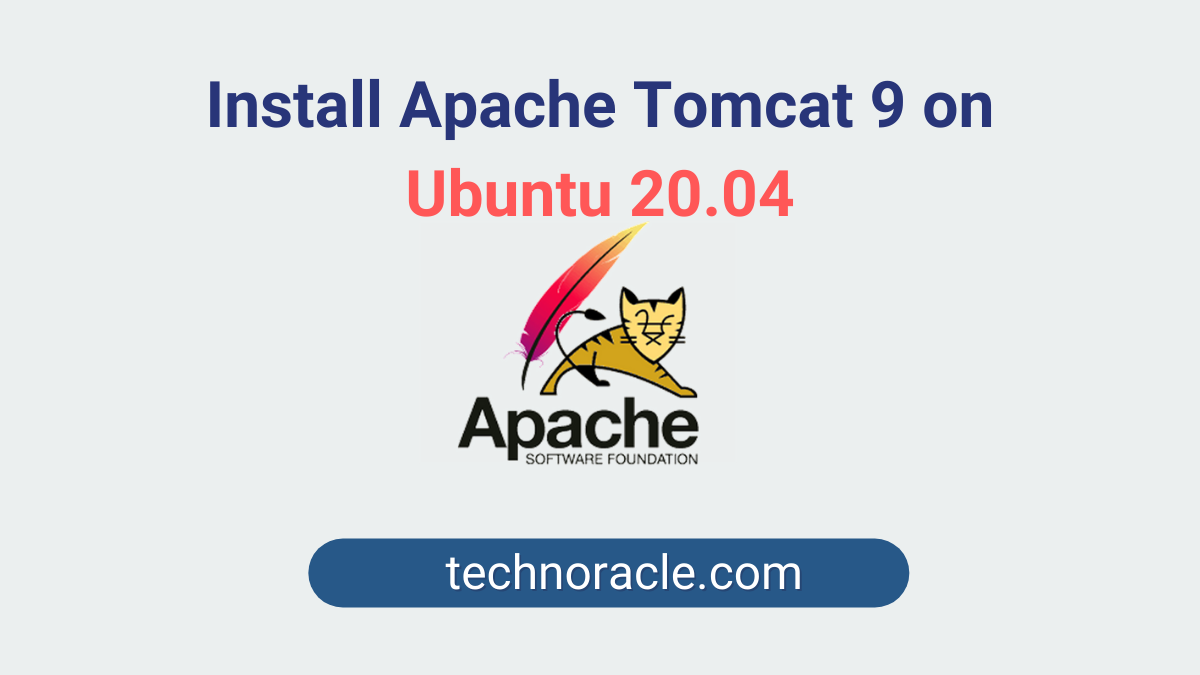

RFC 2617 (June 1999) - HTTP Authentication: Basic and Digest Access Authentication - obsolete, It covers BASIC and DIGEST authentication methods The DIGEST authentication method was defined in RFC 2069. The authentication as a whole and the BASIC authentication method were defined in RFC 2068 ch.11.

RFC 2068 (January 1997) - Hypertext Transfer Protocol - HTTP/1.1 - obsolete, replaced by 26 (January 1997) - An Extension to HTTP : Digest Access Authentication - obsolete, replaced by 2617. RFC 7540 (May 2015) - Hypertext Transfer Protocol Version 2 (HTTP/2) - obsolete, replaced by 91 (May 2015) - HPACK: Header Compression for HTTP/2 HTTP/2 home page, maintained by the IETF HTTPbis Working Group RFC 7230 (June 2014) - Hypertext Transfer Protocol (HTTP/1.1): Message Syntax and Routing - obsolete, replaced by 9110, 91 (June 2014) - Hypertext Transfer Protocol (HTTP/1.1): Semantics and Content - obsolete, replaced by 91 (June 2014) - Hypertext Transfer Protocol (HTTP/1.1): Conditional Requests - obsolete, replaced by 91 (June 2014) - Hypertext Transfer Protocol (HTTP/1.1): Range Requests - obsolete, replaced by 91 (June 2014) - Hypertext Transfer Protocol (HTTP/1.1): Caching - obsolete, replaced by 91 (June 2014) - Hypertext Transfer Protocol (HTTP/1.1): Authentication - obsolete, replaced by 9110 RFC 2068 (January 1997) - Hypertext Transfer Protocol - HTTP/1.1 - obsolete, replaced by 26 (June 1999) - Hypertext Transfer Protocol - HTTP/1.1 - obsolete, replaced by 7230.7235 RFC 1945 (May 1996) - Hypertext Transfer Protocol - HTTP/1.0 The Original HTTP as defined in 1991 at W3.org Servlet 2.5 is a maintenance release of Servlet 2.4. You would like to make sure that you always access the latest documents.ĭifferent Tomcat versions implement different versions of the specifications (see main site, wiki). Examples are "Early Draft Review", "Public Final Draft" and "Final Release". The download page lists various stages of each spec reflecting the development process of JCP specs. On the web site of the JCP you can find an overview page for each spec, and a separate download page. The JSRs are also known by the unique number they receive once the specification process starts.

The members of the JCP are coming from software industry, other organizations like the Apache Software Foundation (ASF), educational institutions but include also individual (personal) members.Įach specifications starts its life as a so-called Java Specification Request JSR. The specifications are developed and maintained by the Java Community Process (JCP). This section provides a list of API specifications which are implemented by Apache Tomcat.


 0 kommentar(er)
0 kommentar(er)
